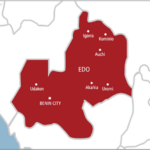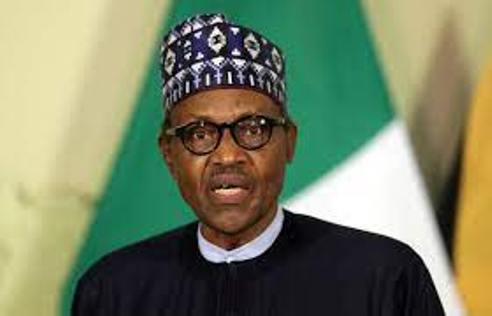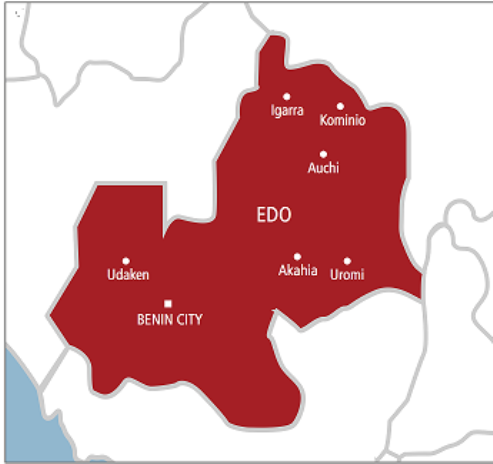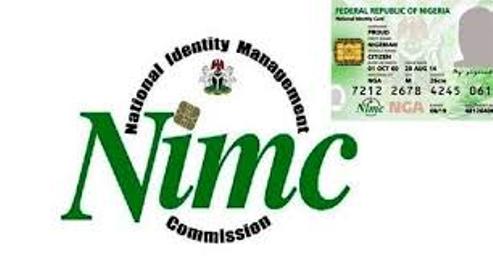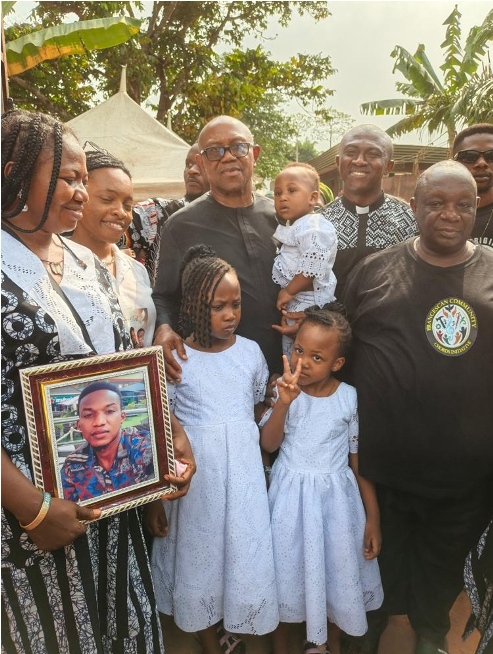By Jerome-Mario Chijioke Utomi
LAGOS AUGUST 5TH (NEWSRANGERS)-The title ‘a nation governed by Strange Liberators’ was first used in my October 9, 2018 intervention. But I first encountered the phrase: “Strange liberators’ ‘, while studying the words and speeches of Martin Luther King Jnr, American Baptist minister and activist who became the most visible spokesman and leader in the civil rights movement from 1955 until his assassination in 1968. The phrase was used then as the title of a piece on the role played by the American government in Vietnam.
Luther, in that account stated thus: “I speak now not of the soldiers of each side, not of the junta in Saigon, but simply of the people who have been living under the curse of war for almost three continuous decades now. I think of them too because it is clear to me that there will be no meaningful solution there on till some attempt is made to know them and hear their broken cries. They must indeed have seen Americans as strange liberators.”
Although, not in a conventional war with any political entity, yet what took place among the people of that peninsula has found a home in the political geography called Nigeria and it has become clear to the vast majority of Nigerians that there is no meaningful solution to, or attempt being made by the President Muhammadu led Federal Government, to know them and hear their broken cries.
Without minding what others may say, all that Nigerians have obtained from President Muhammadu Buhari have been verbal promises to liberate the nation from political and socioeconomic shackles – promises that have produced monuments of nothingness. Looking at the strange happenings in the country, it is evident that Mr. President now qualifies as a strange liberator who has turned his backs on the masses. Not even his ‘change’ or ‘Next Level’ mantra has been able to propel social justice or guaranteed social mobility.
Today, while the privileged political class continue to flourish in obscene splendour as they pillage and ravage the resources of our country, the masses diminish socially and economically. These leaders that the nation has blessed itself with have greatly led to the destruction of social infrastructure relevant to a meaningful and acceptable level of social existence for our people.
If not strange liberators, why must they (Federal Government) allow the nation to borrow in ways that mortgage the future of our nation? And borrowed to the extent that over 72 per cent of government’s revenue going by reports is now spent on debt servicing? Have we, as a nation, forgotten that development is said to be sustainable ‘when it is achieved without excess socio-economic/ environmental degradation, but in a way that both protects the rights and opportunities of coming generations and contributes to compatible approaches? Why have they not addressed the galloping youth unemployment in the country which currently stands at an all time high of 33%? Or solve the embarrassing insecurity in the country?
Take another instance, the Nigerian education sector is currently in crisis as one–fifth of the global population of children without access to formal schooling are Nigerians and learning outcomes are low, even among children enrolled in schools.
Further pointing to the fact that the activities of strange liberators have become a reality worried about the world over, John Campbell, a former Ambassador of the United states of America to Nigeria, in his piece posted on September 18, 2018, with the title, “Corruption Denies Millions Of Access to Quality Education in Nigeria” and published in the journal of the Council On Foreign Relations captures the situation this way:
To copiously quote him, he said in parts; “Education in Nigeria is in dire strait and many Nigerians are acutely aware and concerned. At present, Nigeria has the highest percentage in the world of children not enrolled in school, and it is much higher in the north of the country than in the south. Overall, the UN Human Development Index ranks Nigeria 152nd out of 188 countries. In the north, up to 12 million are enrolled in madrassas which do not prepare them to participate in a modern economy and are generally outside of government oversight.”
This is in addition to the glaring reality that public education is chronically underfunded and without adherence to the United Nations’ recommended 25 per cent funding from national budgets. Aside from the strike action embarked on by The Academic Staff Union of Universities (ASUU), to ensure the government stops reneging on agreements with the union, Nigerian workers have suffered unprecedented hardship in the past seven years as the present government continues to deprive them of legitimately earned salaries and pensions. Making the entire development a crisis is the fact that at a time the global community is preaching a living wage, the Nigerian government still finds it difficult to pay minimum wage to her workers.
As with other aspects of our national life, corruption is said to be ubiquitous, and teachers and other civil servants often go for long periods without being paid, as the nation shamefully continues to debate minimum wage as against the living wage, in a country where the price of every commodity and service has skyrocketed. And we supposedly have leaders who claim to have the interest of the masses at heart.
While this disagreement over wages between the workers and government rages, the insecurity of lives and property has become the greatest and immediate danger to the survival of Nigerians, as the uncontrolled shedding of innocent blood and inability of the security personnel to apprehend killers, speaks volume about the character of these strange liberators.
Also, a peep into our health sector will have you greeted with a shocking revelation that adequate investment in the sector is clearly not the priority of those in power, as our hospitals, whether state or federal owned, have become absolute death centres where people go to die, rather than to get healed.
Telling evidence that the government may not be doing well in this direction are the series of sordid reports coming from the international agencies about Nigeria. The World Health Organisation (WHO) and the United Nations International Children’s Emergency Fund (UNICEF)’s records show that Nigeria is having the third worst infant mortality rate in the world. Nigeria is the second country in the world with the highest maternal mortality rate and the second country in the world with the highest number of people living with HIV/AIDS. Nigeria ranks first in the world with the highest number of mal-nourished children. Nigeria also ranks topmost in the world with the highest number of people lacking access to basic primary healthcare, and for the prevention of preventable disease cases such as polio, cholera and measles.
Truly, the trouble with Nigeria, as remarked by Chinua Achebe, is simply and squarely a failure of leadership. Just as the poverty of African leaders since the dawn of independence is certainly not material but the lack of commitment to duty, and the lack of vision and greed – all characterised by corruption.
To completely change this state of affairs and accelerate economic growth, and bring about social progress and cultural development, while promoting peace and stability, we must all rise above political apathy and get involved in the political process and the right leadership recruitment in the 2023 general elections, which are just around the corner. We must be guided in this direction for us to end the osculation of these strange liberators.
Utomi Jerome-Mario, Programme Coordinator (Media and Public Policy), Social and Economic Justice Advocacy (SEJA) writes from Lagos
